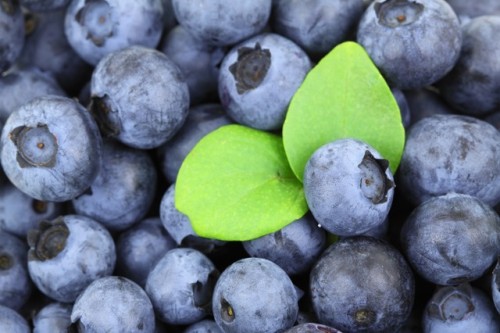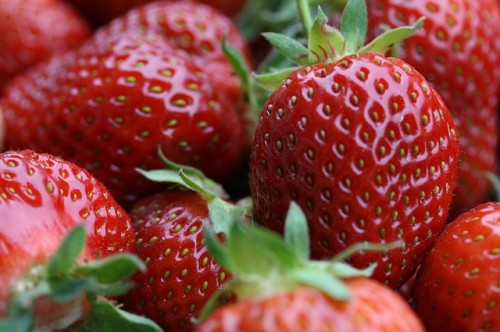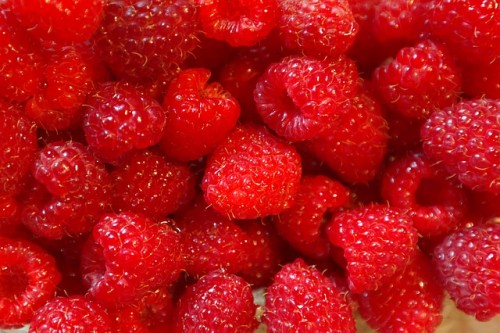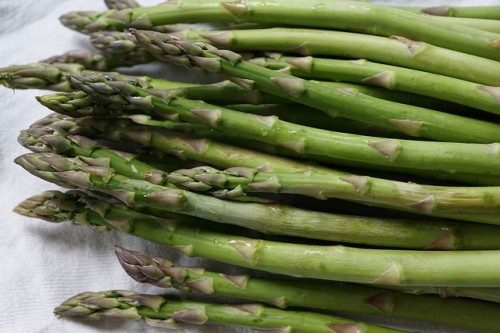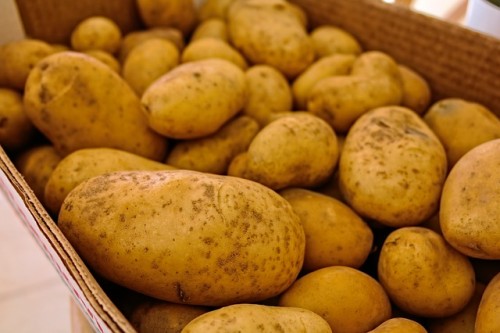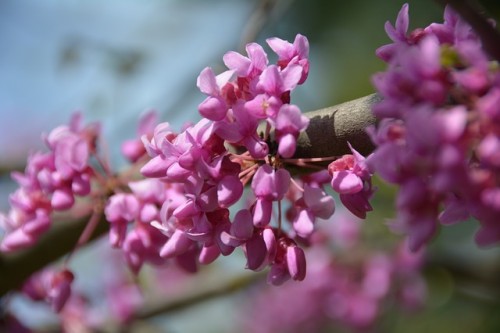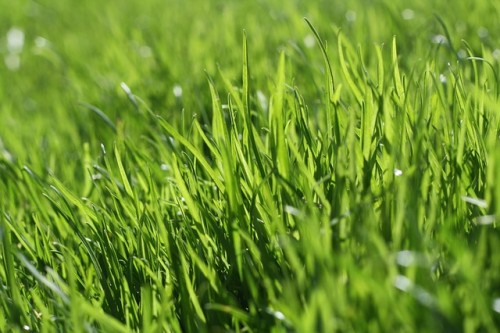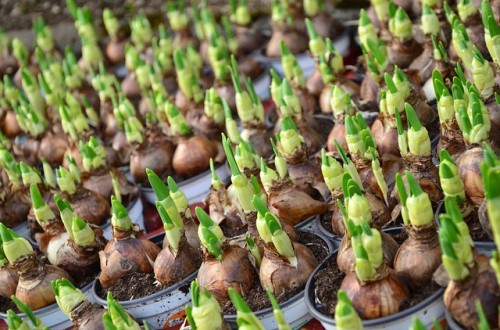THE CARE AND KEEPING OF BLUEBERRIES
Blueberries bring a unique combination of delicious fruit and striking ornamental beauty to the garden and landscape. They are easy to grow, require little care, and are seldom bothered by pests. Blueberry varieties are distinguished by their climate suitability and ripening season. With a few basic steps, your blueberry plants can thrive for a lifetime.…

